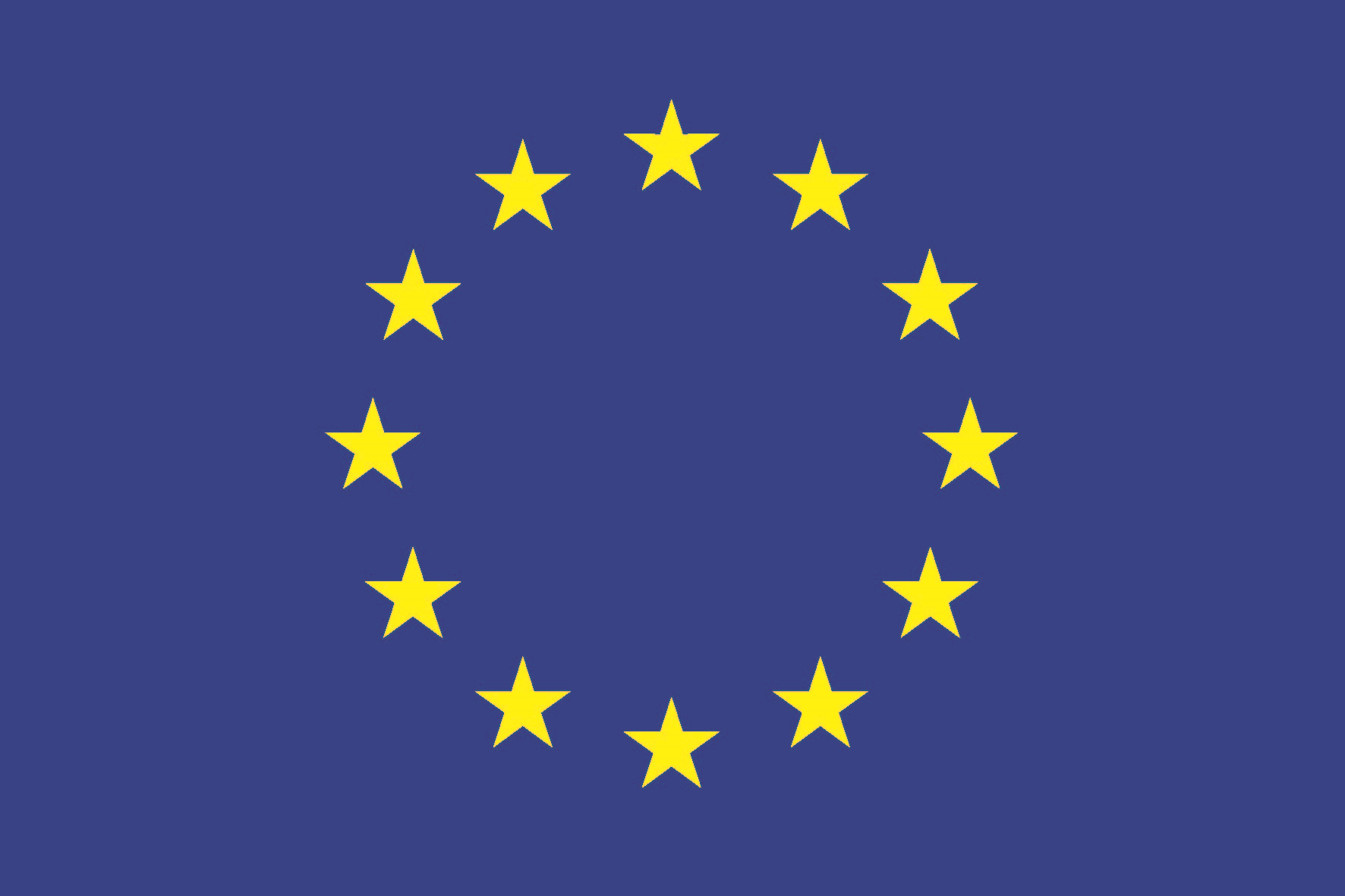IRELAND

IRELAND - SUMMARY OF POLICIES AND LEGISLATION FOR FOOD WASTE PREVENTION AND REDUCTION
In Ireland, according to the EPA’s Stop Food Waste programme, over 1 million tonnes of food waste are generated annually. This total comprises food was originating from householders, commercial businesses, and food producers. At the same time, about 15% of the population experiences some type of food poverty and for those on low incomes this figure rises to 35%.
To date, Ireland does not have a specific plan on food waste prevention. However, food waste is addressed in the Waste Management Regulations, the "National Strategy on Biodedradable Waste and Towards a Resource Efficient Ireland": A National Strategy to 2020 incorporating Ireland’s National Waste Prevention Programme.
Specifically, the National Strategy on Biodedradable Waste is based on the integrated waste management approach and includes measures to address food waste in response to the policy ambitions set out in the National Biodegradable Waste Strategy. The preferred options for dealing with biodegradable municipal waste are prevention and minimisation, recycling, biological treatment and residual treatment .
This strategy sets specific objectives in light of achieving the 2016 target for diversion of biodegradable municipal waste from landfill. It proposes that, by 2016, recycling (principally paper and cardboard waste which cannot be reused) will divert 875,371 tonnes (38.6%) from landfill with biological treatment (mainly food and garden waste) contributing 442,129 tonnes (19.5%) to the overall target with thermal treatment diverting 499,762 tonnes (22%) of residual waste.
Figure 1. Ireland’s policy mix at December 2014
Among the market-based instruments worth mentioning is the Environment Fund that provides the establishment of an Environment Fund, to be managed and controlled by the Minister for the Environment and Local Government which may be utilised, for a range of purposes – e.g. schemes to prevent/reduce waste, waste recovery activities, research & development into waste management, production, distribution or sale of products deemed to be less harmful to the environment than other similar products, promotion /support of education and training, initiatives undertaken by community groups and others for protection of the environment.
Among the regulatory schemes, regulations on household food waste and bio-waste promote the segregation and recovery of household food waste, in line with the national policy and the Waste Framework Directive objectives to optimise resources which are extractable from waste and to minimising the disposal of waste.
EPA is active in promoting communication and awareness on food waste. It has launched the "Stop Food Waste" campaign aimed at householders, individuals, and recently, small businesses such as cafés, pubs, and local supermarkets that serve food). This programme promotes changes in behaviour that lead to reducing food waste and composting at home through a combination of education, training, local championships, peer examples, and easy-to-use information.
A variety of heterogenous projects and applications are currently in place in Ireland: among them are the Green Business and the Green Hospitality Programme which help businesses and the hospitality industry become more resource efficient and save money. Another initiative named Foodcloud, is a community-based social enterprise that brings food businesses and charities together with an easy-to–use and reliable platform. The main goal of this initiative is to match individuals that have a surplus of food with those that d not have enough in order to facilitate food sharing.
Recycling, preventing food waste and being more respectful to the environment are actions at the center of Irish food waste policies.
Download the full country report and send us your comments.
REFERENCES
A) IRELAND’S NATIONAL PLAN/STRATEGY ON FOOD WASTE REDUCTION
Department of the Environment, Community and Local Government, National Strategy on Biodegradable Waste
Available from: Environment/Waste/ProducerResponsibilityObligations/NationalStrategyonBiodegradableWaste
Environmental Protection Agency, Towards a Resource Efficient Ireland: A National Strategy to 2020 incorporating Ireland’s National Waste Prevention Programme
Available from: http://www.epa.ie/waste/nwpp/#.VOMUuC54FuA
B) MARKET-BASED INSTRUMENTS
Department of the Environment, Community and Local Government, The Waste Management (Landfill Levy) (Amendment) Regulations 2013 (SI No. 194 of 2013)
Available from: http://www.environ.ie/en/Environment/Waste/LandfillLevy
Department of the Environment, Community and Local Government, Environment Fund
Available from: http://www.environ.ie/en/Environment/Waste/EnvironmentFund/
Department of the Environment, Community and Local Government, Waste Facility Levies
Available from: http://www.environ.ie/en/Environment/Waste/WasteFacilityLevies/
C) REGULATORY INSTRUMENTS- REGULATION TRADING SCHEMES
Department of the Environment, Community and Local Government, Regulations on Household Food Waste and Bio-waste
Available from: http://www.environ.ie/en/Environment/Waste/FoodWasteRegulations/
Irish Statute Book, Commercial Food Waste Regulations
Available from: http://www.irishstatutebook.ie/pdf/2009/en.si.2009.0508.pdf
Environmental Protection Agency, Information leaflet on these regulations
Available from: reports/waste/wpp/informationleafletonthefoodwasteregulationssi508of2009.html#.VOMVui54FuB
Department of the Environment, Community and Local Government, Regulation 38 of SI 126 of 2011 European Communities (Waste Directive) Regulations 2011
Available from: http://www.environ.ie/en/Legislation/Environment/Waste/WasteManagement/
D) VOLUNTARY AGREEMENT
None
E) RESEARCH OR TECHNICAL REPORTS
Environmental Protection Agency (2009), Calling Time on Waste.
Available from:http://www.epa.ie/pubs/reports/waste/wpp/callingtimeonwaste.html#.VOMV-y54FuB
Environmental Protection Agency (2009), Less Food Waste More Profit, A guide to minimising food waste in the catering sector.
Available from: http://www.epa.ie/pubs/reports/waste/wpp/lessfoodwastemoreprofit.html#.VOMWGy54FuB
Environmental Protection Agency, BeGreenGuides, A guide to minimising food waste in the catering sector.
Available from: http://www.epa.ie/begreenold/begreenguides/title,42928,en.html#.Vi-Kct4X1bU
F) COMMUNICATION AND CAMPAIGNS
Environmental Protection Agency, Stop Food Waste
Available from: http://www.stopfoodwaste.ie/
G) PROJECTS AND OTHER MEASURES
Environmental Protection Agency, Stop Food Waste, Guidance in catering sector
Available from:
http://www.stopfoodwaste.ie/food-in-business/tips-and-case-studies/
http://localprevention.ie/project-map/
Green Business
Available from: http://greenbusiness.ie/
The Green Hospitality Programme
Available from: http://www.ghaward.ie/
The Green Healthcare Programme
Available from: http://www.greenhealthcare.ie/topics/food-waste/
EPA and the Irish Farmer’s Association
Available from: http://smartfarming.ie/
Green Schools programme
Available from: http://localprevention.ie/projects/food-waste/
Foodcloud
Available from: http://foodcloud.ie/
Bia Food Initiative
Available from: http://www.biafoodbank.ie/
Revision to EPA Waste licence conditions
Available from: http://www.epa.ie/pubs/advice/waste/municipalwaste/
http://www.epa.ie/pubs/reports/waste/stats/49017%20EPA%20Licensed%20Landfills%20(Web).pdf
http://www.epa.ie/pubs/reports/waste/stats/EPA_NWR_09_web.pdf
All links cited in the references have been accessed for the last time on October 27, 2015.

 Copyright © 2016 | EU FUSIONS |
Copyright © 2016 | EU FUSIONS |